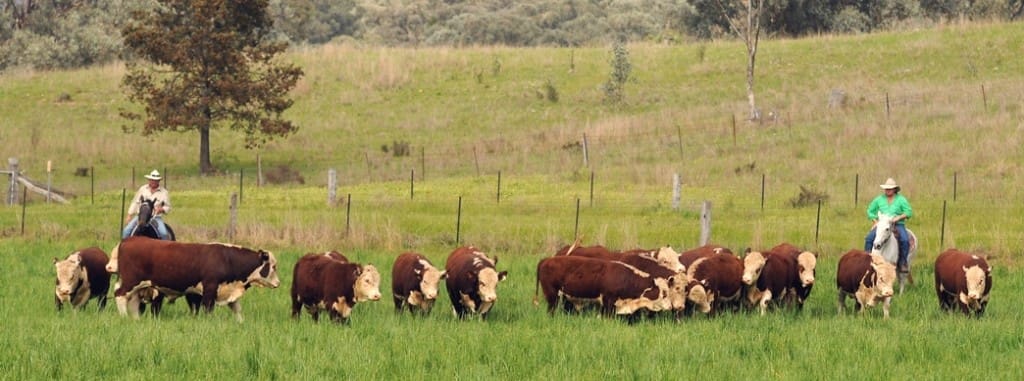Latest listings on Jobs Central:
- Feedlot Project Manager/Officer (MLA)
- Software Technical Support Consultant (Elynx)
- Livestock Buyer, Trainee Livestock Buyer (Bindaree Beef)
- Feedlot Management Trainee (Rangers Valley feedlot)
- Abattoir Site Manager (Hillside Meat Processors)
- Operations Manager, Charlton Feedlot (Teys Australia)
- Feedlot & Farm Manager – The Mount feedlot (Kenny’s Creek Angus)
- Smalls Boning Room Supervisor – Deniliquin (AMG)
- Click here to access these and other exciting meat and livestock supply chain jobs currently listed on Jobs Central.
Stress is felt by everyone at some point in their lives, however it is a growing problem in workplaces that affects not only the health and well-being of employees but also the productivity of businesses across the red meat supply chain.
Long hours, tight deadlines, workplace relationships and busy schedules can all take a toll on an employee’s physical and mental wellbeing.
It can lead to fatigue, a drop in work performance and headaches, and in serious cases even anxiety, high blood pressure, alcoholism and mental illness.
Medibank research has shown 85 percent of Australians experience severe stress at work and as a result, 15pc take sick days at least every month which results in more than 20 million days off per year due to stress.
This not only costs the economy a staggering $14 billion annually but equates to an enormous productivity loss for businesses.
What can this mean for employers?
Stress tends to arise when the work demands exceed the employee’s capacity and capability to cope meaning they are less productive.
In the work environment, whether it be a breeding property, abattoir or feedlot, it is imperative for employers to have people motivated enough to care about their jobs.
However once an employee get overly stressed, this can impede on their ability to perform their role which can lead to workplace injuries, absences, lost time and a higher staff turnover.
Work-related stress is one of the most common compensated illnesses/injuries in Australia, so employers need to be aware of the impact it can have on their business and the steps they can take to reduce it.
Sources of stress
Many managers might feel their workers need to be pushed to produce their best quality work, but this can often reduce their productivity.
What one employee might perceive as stressful, another may view as challenging so employers need to find the right balance between motivating their staff and causing them greater anxiety.
It is important as a manager to know your staff; what their skills and weaknesses are and how they handle deadlines, tight deadlines or stressful situations.
Employees should feel their superiors are supportive and are approachable if they need to discuss any concerns they have.
Long hours, large workloads, job insecurity or conflicts at work are also common factors.
How to diffuse stress amongst your employees
It is imperative that managers recognise work-related stress as a significant health and safety issue. Some steps that employers can take include:
- Making sure all employees are properly trained for the job
- Openly recognising that stress is a problem and offer support to anyone who needs it
- Being open and willing to discuss issues and grievances with staff and taking appropriate action when necessary
- Cutting down on the need for overtime by either re-organising duties or employing more staff
Any business should take the necessary steps to ensure that employees are not subjected to unnecessary stress, not only for the wellbeing of their staff but also the future of their business.
Source: Meat Inspectors Pty Ltd




HAVE YOUR SAY